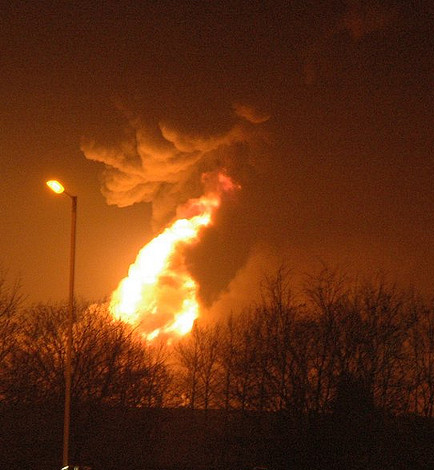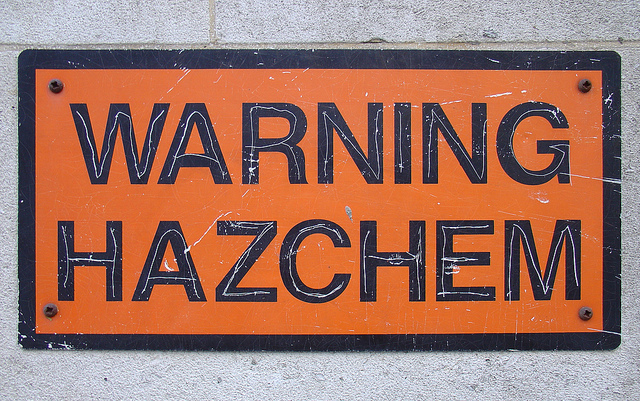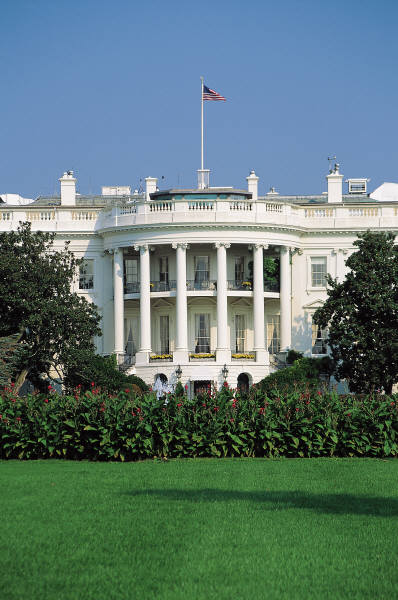Do you know what's in the chemical products you buy and use, and whether they're "safe?" Effective October 1, 2013, California regulations provide criteria and procedures for state-level identification and listing of likely-hazardous chemicals of concern. Manufacturers and importers will be required to evaluate chemicals of concern in consumer products, their potential alternatives, and how best to limit exposure or reduce hazards. Assemblers and retailers will have related responsibilities. Although these requirements apply directly only within California, any reviews and reformulations are likely to affect global production and distribution decisions.
Audit, Compliance and Risk Blog
Jon Elliott
Recent Posts
Tags: Health & Safety, California Legislation, Environmental, EHS, EPA, Hazcom
Directors' & Officers' Liability: Delaware's "Entire Fairness" Test
Posted by Jon Elliott on Mon, Sep 09, 2013
Directors and officers owe formal duties to their corporations and shareholders, commonly called “fiduciary duties” from the Latin root words for “trust.” These duties developed over centuries of common law, and now appear in state corporation codes. Most interpretations of these duties and how to meet them actually appear in court decisions, arising in cases where aggrieved shareholders sue claiming that a company’s directors and/or officers have breached one or more of these duties.
Tags: Corporate Governance, Business & Legal, SEC, SOX
Motor Carrier Registration Systems to be Upgraded and Web-Based
Posted by Jon Elliott on Fri, Aug 30, 2013
Last week the Federal Motor Carrier Safety Administration (FMCSA) published major changes in the registration requirements it imposes on “motor carriers” that use roads and highways to transport materials—including hazardous materials. Over the next two years, these changes will consolidate four separate registration systems into a new web-based Unified Registration System (URS), designed to cover every domestic entity subject to FMCSA authority. Most elements of the new regulations will take effect on October 23, 2015, to allow FMCSA to develop additional URS features and to conduct several related rulemakings, and to allow regulated entities to prepare for the changes in compliance requirements.
Tags: Health & Safety, Environmental risks, Environmental, Hazcom, Transportation
One small but critically important sub-category of chemical incidents consists of those that can produce mass casualties, usually when a cloud of toxic or superheated gases are spewed out by a fire or explosion. Given America’s fragmented approach to hazardous materials regulation, it’s no surprise that separate regulatory programs have grown up to address these concerns—leading inevitably to overlaps and gaps in coverage.
Tags: Corporate Governance, Business & Legal, Health & Safety, OSHA, Environmental risks, Environmental, EHS, EPA, Greenhouse Gas, Hazcom
EPA Excludes Solvent-Contaminated Wipes From RCRA Regulation
Posted by Jon Elliott on Wed, Aug 14, 2013
Tags: Business & Legal, Employer Best Practices, Health & Safety, Environmental risks, Environmental, EHS, EPA, RCRA
If government provided a unified approach to chemical regulation, then each chemical might be subject to a single set of requirements, which ideally would be tailored to reflect chemical-specific hazards throughout its life cycle. Instead, each chemical is subject to its own loosely connected (some would say haphazard) collection of environmental, health and safety (EH&S) requirements. Some are federal, some are state (or provincial if you’re in Canada), and others are regional and even local. You may need to refer to agencies at all three levels (federal, state and local) to identify your regulators and their requirements – although many organizations only deal with the agency responsible for permitting and inspecting day-to-day activities.
Tags: Audit Standards, Environmental risks, Environmental, EHS, EPA, Hazcom, MSDS, mact
Reconsidering “Accredited Investors” and How They’re Protected
Posted by Jon Elliott on Mon, Jul 29, 2013
The Securities and Exchange Commission (SEC) was created 80 years ago to protect investors, while also nurturing the growth of efficient and transparent markets for securities. Over the intervening years, the balance between protection and growth has shifted many times, leading to many sets of requirements with conditions and exemptions to parse in order to determine entrepreneurs’ notice and filing requirements, and the range of investor opportunities and protections.
Tags: Corporate Governance, Business & Legal, SEC
Court Vacates SEC’s Resource Extractors’ Reporting Requirements
Posted by Jon Elliott on Fri, Jul 19, 2013
One of the Dodd-Frank Act’s many directives to the Securities and Exchange Commission (SEC) was to require annual disclosures by publicly listed “resource extraction issuers” of payments they make to the U.S. federal government or foreign governments, related to commercial development of oil, natural gas, or minerals. SEC thought it met this directive when it issued Rule 13q-1 and associated Form SD in August 2012. However, on July 2, 2013 a federal judge decided that SEC misapplied its authority, and so vacated these provisions and remanded the issue to SEC to try again (American Petroleum Institute v. SEC). Since Dodd-Frank required issuer reporting to begin no less than one year after SEC issued rules, the issuer reporting requirement is now on hold—but the statutory requirement remains in place so further rulemaking should be expected.
Tags: Corporate Governance, Business & Legal, SEC, International, Health & Safety, Environmental, Greenhouse Gas, ghg, fracking, hydraulic fracking
Partisan divides in Washington are preventing legislative action to reduce emissions of greenhouse gases (GHGs) and climate change, but President Obama recently announced administrative initiatives to advance these efforts even without Congressional action. His new Climate Action Plan reaffirms domestic initiatives led by the Environmental Protection Agency (EPA), and international GHG emission reduction and climate change efforts. The Plan has the following three main “pillars”:
Tags: Environmental risks, Environmental, EPA, Greenhouse Gas, ghg, climate change
"Supervisors” Whose Discrimination Automatically Involves Employers
Posted by Jon Elliott on Wed, Jul 10, 2013
Title VII of the Civil Rights Act of 1964 provides a wide range of anti-discrimination measures, including prohibitions against employment discrimination based on race, color, religion, sex (or “gender”), and national origin. Title VII is administered by the Equal Employment Opportunity Commission (EEOC), and enforced when EEOC or aggrieved employees file lawsuits in federal court.
Tags: Corporate Governance, Business & Legal, Employer Best Practices, Employee Rights, Workplace violence, EEOC, NLRB




.jpg)





